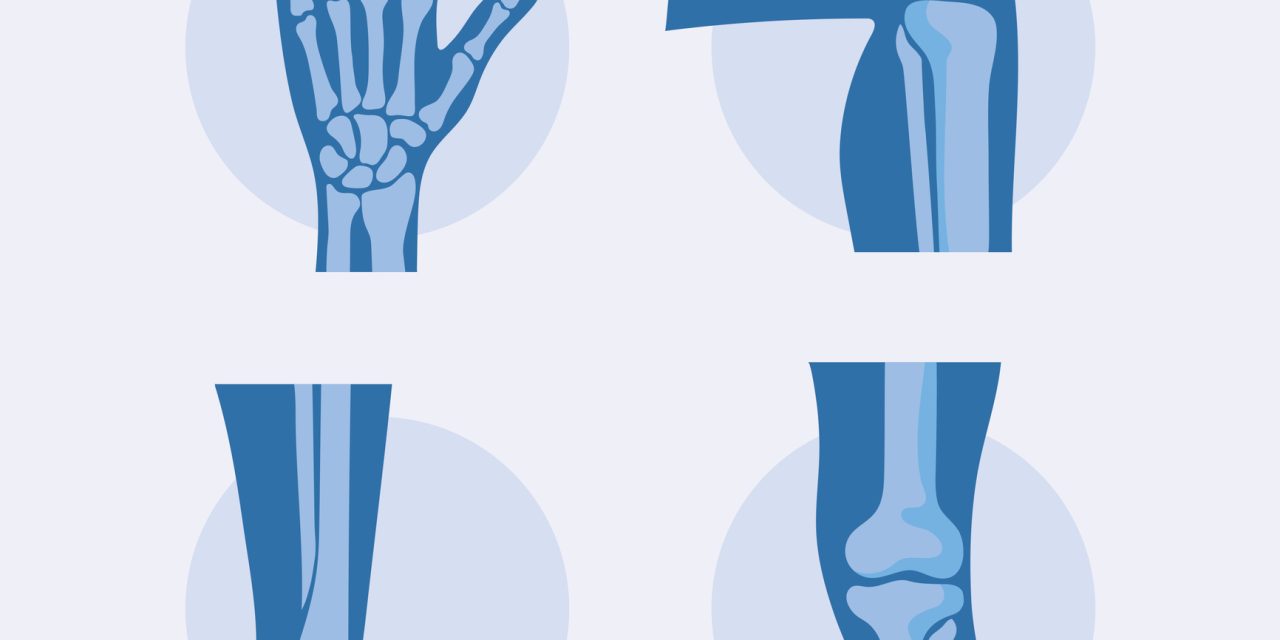To determine the association of single nucleotide polymorphism at 9250 C/T in exon 7 of the Osteopontin (OPN) gene among Egyptian patients with lupus nephritis (LN) and healthy controls and assess its relation with clinical and laboratory features in addition to both activity and chronicity indices in these patients.
The study population includes 100 patients with LN and 100 age- and gender-matched controls. OPN gene 9250 C/T polymorphism was detected by polymerase chain reaction and restriction fragment length polymorphism.
We observed a significant difference in the frequencies of the OPN gene 9250 T allele between the patients with LN and the controls (74.5% vs 57.5%, P < .001); also, TT and CT + TT genotypes showed significant differences in frequencies between LN patients versus controls (59% vs 35% P = .005 and 90% vs. 80% P = .048, respectively). We also observed a non-significant association between OPN gene 9250 genotypes and each of the laboratory data and clinical features in addition to activity and chronicity indices in all studied LN patients. There were no statistically significant increased TT and CT + TT genotypes and T allele frequencies in LN patients with renal failure compared to those without renal failure. Logistic regression analysis revealed that only OPN (CT + TT) genotype could predict LN development in Egyptian patients.
TT and CT + TT genotypes and T alleles of OPN 9250 are considered risk factors for LN development in Egyptian systemic lupus erythematosus patients. However, these genotypes showed no association with each laboratory data and clinical feature or activity and chronicity indices in these patients. OPN 9250 (CT + TT) genotype could be used to predict LN development in SLE.
© 2022 Asia Pacific League of Associations for Rheumatology and John Wiley & Sons Australia, Ltd.
Association of Osteopontin gene single nucleotide polymorphism with lupus nephritis.


